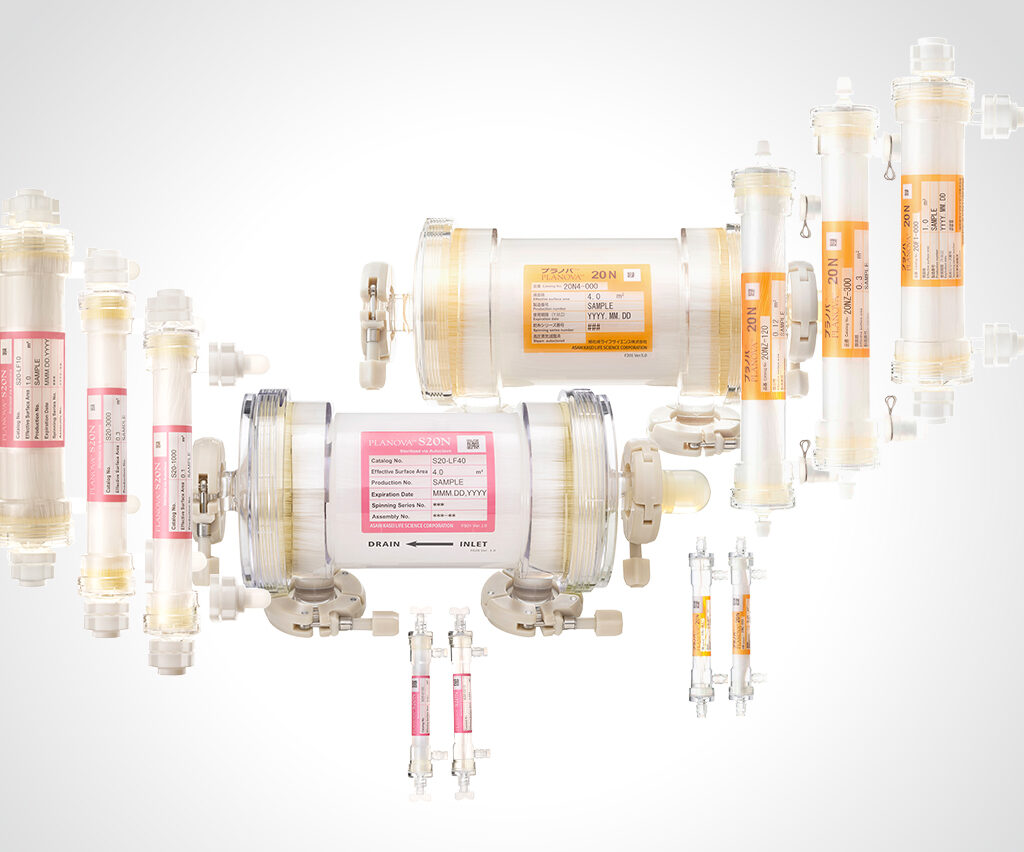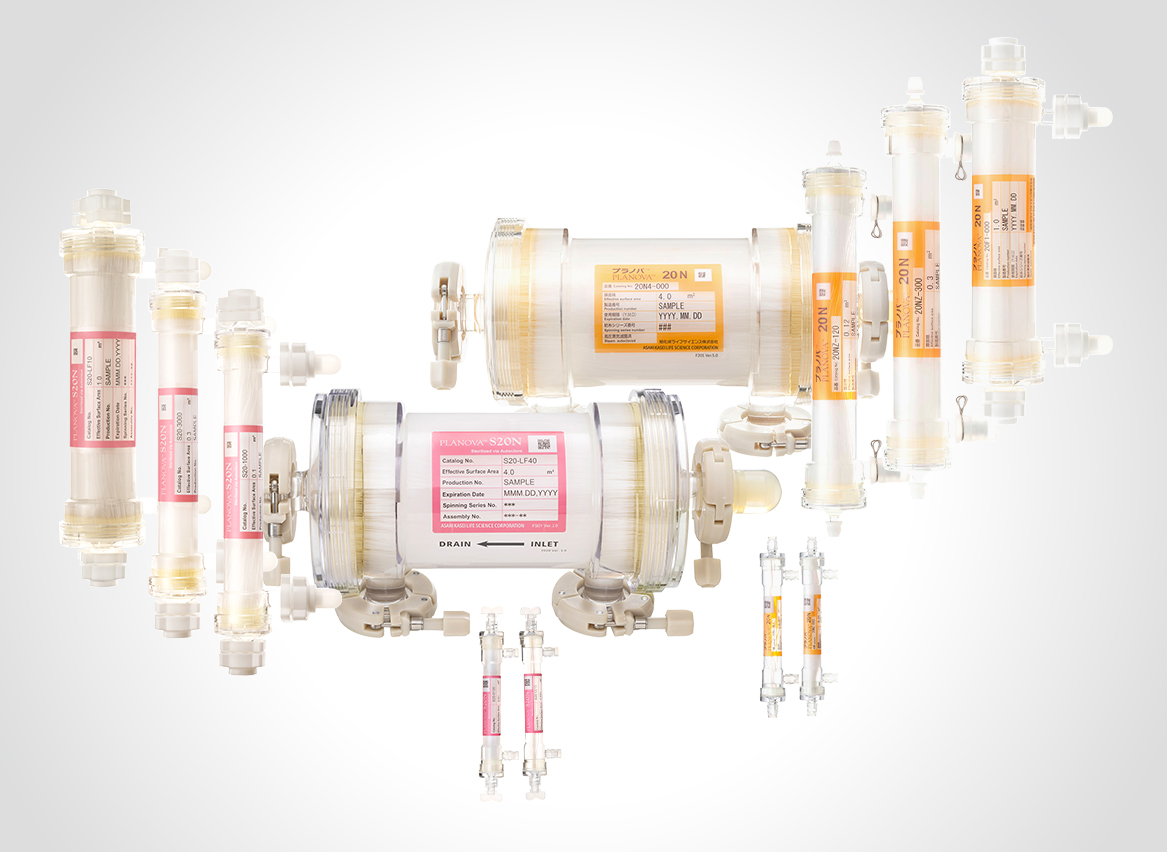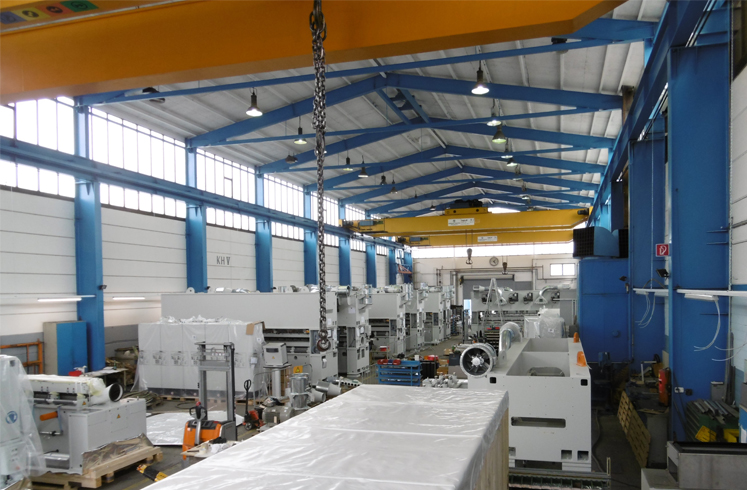Asahi Kasei Life Science, a division of diversified global manufacturer Asahi Kasei, announced plans to construct a new spinning plant for its Planova™ virus removal filters in Nobeoka City, Miyazaki, Japan. The new facility will be the company’s fourth spinning plant for hollow-fiber cellulose membrane filters. Construction is scheduled to begin in July 2026, with operations starting in January 2030. The initiative, backed by a grant from Japan’s Ministry of Economy, Trade, and Industry (METI), aligns with Asahi Kasei’s recently announced medium-term management plan “Trailblaze Together,” which positions the Life Science business as a key driver of future growth.

According to a report by Market.US, the global biopharmaceutical market is forecasted to surpass US$500 billion by 2032, with compound annual growth of 8.2% from 2022 to 2032. This will drive a sharp increase in demand for developing and commercializing new drugs, resulting in the need for virus removal filters essential in manufacturing biologics. With strong market growth projected to continue, Planova™ is well-positioned as one of the global leaders in virus filtration for plasma-derived therapeutics and biologics. The new plant will significantly expand the company’s production capacity in response to accelerating global demand, focusing on the production of Planova™ filters S20N, 15N, 20N, 35N, and 75N. The planned capacity expansion represents a strategic investment to capture future demand, enhance global supply chain resilience, and reinforce the position of Planova™ in the high-value bioprocessing market.
“This new plant reinforces the momentum behind our newly established Life Science business,” said Yusuke Kanazawa, Head of the Bioprocess Division at Asahi Kasei Life Science Corporation. “It demonstrates Asahi Kasei’s commitment to making strategic investments while responding to rising global demand for virus filtration. This project was selected under METI’s Biopharmaceutical Manufacturing Project, which supports the development of domestic infrastructure critical for vaccine production during public health emergencies. Through this government-backed initiative, we are strengthening our supply resilience and enhancing our competitiveness in the global biopharmaceutical market.”





